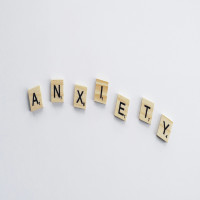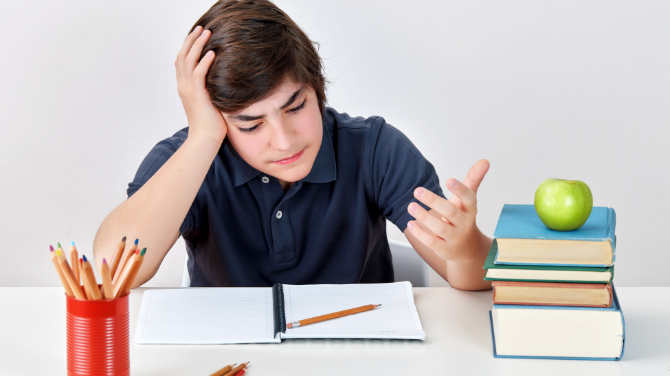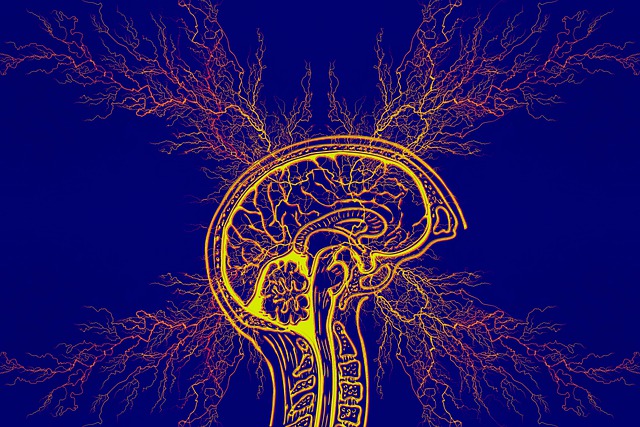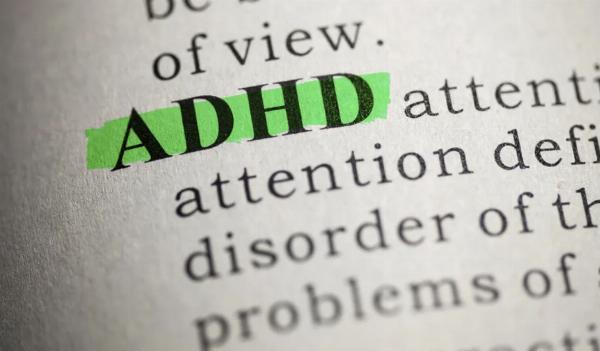ADHD in Children: Early Signs and Effective Interventions
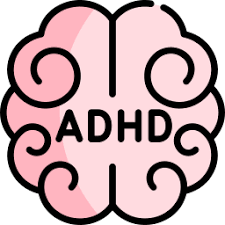
Strong 8k brings an ultra-HD IPTV experience to your living room and your pocket.
Attention Deficit Hyperactivity Disorder (ADHD) is one of the most common neurodevelopmental disorders diagnosed in children. Characterized by symptoms of inattention, hyperactivity, and impulsivity, ADHD can significantly impact a child's ability to succeed in school, maintain relationships, and complete daily tasks. Understanding the early signs of ADHD and implementing effective interventions are crucial in helping children manage the disorder and reach their full potential.
✍️ Learn how schools can better support students by reading our resource on ADHD classroom strategies, which include accommodations and individualized learning plans.
Early Signs of ADHD in Children
ADHD symptoms typically emerge in early childhood, often before the age of seven, although they can become more noticeable when a child begins school. These symptoms are generally grouped into two main categories: inattention and hyperactivity-impulsivity.
1. Inattention
Children with ADHD often struggle with sustaining attention, which can manifest in various ways:
Difficulty Following Instructions:
A child with ADHD might find it challenging to follow through on tasks or instructions, particularly if they involve multiple steps. They may start a task but quickly become distracted and leave it unfinished.
Easily Distracted:
Children with ADHD are often easily distracted by external stimuli, such as noises or activities around them. Even minor distractions can cause them to lose focus on tasks at hand.
Forgetfulness:
They may frequently forget daily tasks, such as homework assignments or chores, and might misplace items like toys, books, or school supplies.
Poor Organizational Skills:
Children with ADHD often struggle with organizing tasks and activities. Their workspaces may be messy, and they might have difficulty keeping track of deadlines and responsibilities.
2. Hyperactivity and Impulsivity
The hyperactive and impulsive behaviors associated with ADHD can be equally challenging:
Fidgeting and Restlessness:
A child with ADHD may have trouble sitting still. They might fidget, squirm in their seat, or constantly move around, even when it’s inappropriate to do so.
Excessive Talking:
Children with ADHD may talk excessively, often interrupting others or speaking out of turn. They may have difficulty waiting for their turn in conversations or activities.
Impulsive Actions:
Impulsivity can lead to actions without considering the consequences. For instance, a child might blurt out answers in class, grab things from others, or run into the street without looking.
Difficulty with Patience:
They may find it challenging to wait their turn in games or activities and might act out in frustration if asked to wait.
Diagnosis and Assessment
Diagnosing ADHD involves a comprehensive evaluation by a healthcare professional, typically a pediatrician, psychologist, or psychiatrist. The evaluation includes a thorough review of the child's medical history, behavior observations, and input from parents, teachers, and other caregivers. ADHD cannot be diagnosed through a single test; rather, it is a clinical diagnosis based on observed behaviors and reported symptoms.
It is important to differentiate ADHD from other conditions that may have similar symptoms, such as learning disabilities, anxiety, or mood disorders. Coexisting conditions are common in children with ADHD, and a thorough assessment can help in creating an effective treatment plan.
Effective Interventions for ADHD
Early intervention is key in managing ADHD and helping children develop the skills they need to succeed. Interventions typically include a combination of behavioral therapy, parent training, educational support, and, in some cases, medication.
1. Behavioral Therapy
Behavioral therapy is a cornerstone of ADHD treatment, particularly for younger children. It involves teaching children and their families strategies to manage the symptoms of ADHD. Techniques often include positive reinforcement, where desirable behaviors are rewarded, and structured routines, which help children know what to expect throughout the day.
Cognitive-behavioral therapy (CBT) is another effective approach, especially for older children and adolescents. CBT helps children recognize and change negative thought patterns and behaviors, improving their ability to manage emotions and actions.
2. Parent Training and Education
Parents play a crucial role in managing ADHD. Parent training programs provide strategies for managing challenging behaviors, improving communication with the child, and creating a supportive home environment. Understanding ADHD and knowing how to respond to certain behaviors can reduce stress for both the child and the parents.
3. Educational Support
Children with ADHD often benefit from individualized education plans (IEPs) or 504 plans, which provide accommodations and modifications in the school setting. These might include extended time on tests, a quiet environment for working, or additional breaks during the day. Collaboration between parents, teachers, and school counselors is essential in creating a supportive educational environment.
4. Medication
For some children, medication may be a necessary component of treatment. Stimulant medications, such as methylphenidate and amphetamines, are commonly prescribed and can be effective in reducing symptoms of ADHD. Non-stimulant medications are also available and may be preferred in certain cases. Medication should be closely monitored by a healthcare provider to ensure the best outcomes and to manage any side effects.
Conclusion
ADHD in children is a complex and multifaceted condition that requires early recognition and a comprehensive approach to management. By identifying the early signs and implementing effective interventions, parents, educators, and healthcare providers can help children with ADHD develop the skills they need to thrive in school and in life. With the right support, children with ADHD can overcome challenges and reach their full potential.
Note: IndiBlogHub features both user-submitted and editorial content. We do not verify third-party contributions. Read our Disclaimer and Privacy Policyfor details.

